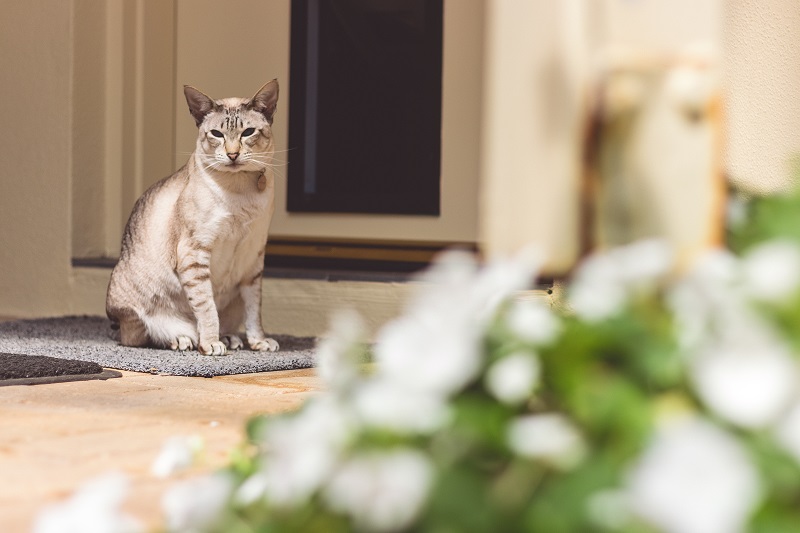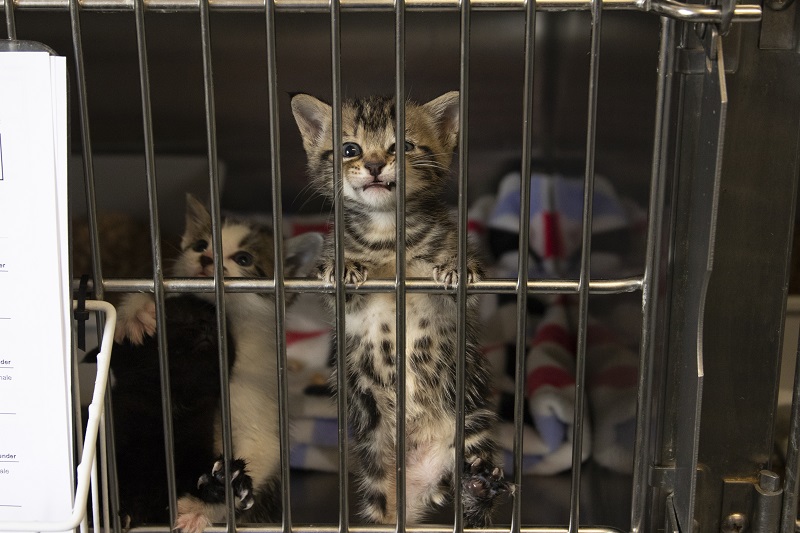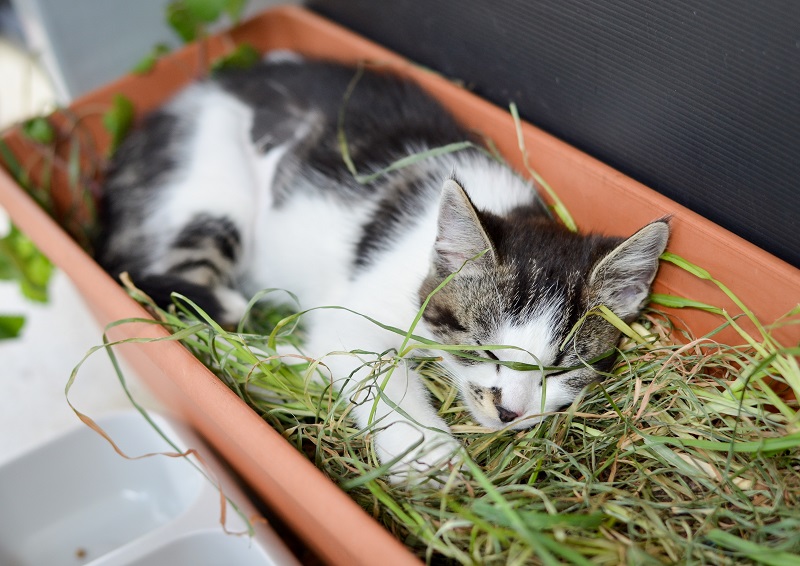Following yesterday's rejection by the Legislative Review Committee of Marion Council's proposed Cat By-law, RSPCA South Australia has renewed its call for a statewide approach to cat management.
CEO Paul Stevenson says a unified statewide approach to cat management is the only way to turnaround the current, unsustainable situation of cat overpopulation and other issues with stray cats in SA.

Marion's proposed cat curfew
Back in March this year, Marion Council voted to implement their Cats (Confinement) Variation By-law 2020, under which all pet cats would be required to be confined to their owner's property at night time.
As an animal welfare organisation, we welcomed this aspect of the by-law as a great step for promoting responsible cat ownership. Keeping cats confined to their owner's property is so much safer not only for wildlife, but for cats. It prevents them from getting hit by cars, injured in fights, lost, or even hurt or stolen by someone else.
Implementing this by-law also indicated that as an SA council, Marion was acknowledging its responsibility for cat management, which is what we're asking from councils in our Cat Management Plan for South Australia.

Cat traps a 'free for all' - and the clause to 'destroy' unclaimed cats
We took great issue with some elements of the by-law, including a clause that permitted locals to hire cat traps from the council and lawfully trap owned cats found wandering at night. We also had great concern with the clause enabling 'destruction' of identified cats who were not claimed within 72 hours of seizure
The South Australian Government had issues with these clauses, too.
On Wednesday night, Parliament's Legislative Review Committee ruled that the by-law wasn't valid - as these clauses were inconsistent with SA's Dog and Cat Management Act.

The ongoing need for a statewide approach
Going forward, we strongly believe that fully effective cat management in South Australia will only be possible when a statewide approach is adopted, instead of the current piecemeal approach by individual councils.
"Cats do not understand council borders, and we currently have about one third of councils with cat by-laws that are completely different," RSPCA South Australia CEO Paul says.
"It is no surprise that they are proving to be totally ineffective in addressing the issue of cat management across our state."
The Dog and Cat Management Board is currently reviewing the Dog and Cat Management Act and with changes due to be implemented in 2022, we are calling on the Board to prioritise cat management measures in the review.
According to Paul, South Australia seriously lags behind the rest of Australia in cat management legislation.
"We are well overdue in addressing that deficiency, and this review of the Act presents an obvious opportunity to fix what is becoming an increasingly urgent situation."
Last year, RSPCA in conjunction with Animal Welfare League released a Cat Management Plan for South Australia, which sets out a roadmap for the measures that need to be implemented to protect cats, protect our wildlife and reduce nuisance complaints by residents.
"It is time to stop tinkering at the edges of this major issue, impacting humans and animals alike, and get on with the strategic rollout of all the actions detailed in this solid plan," says Paul.







